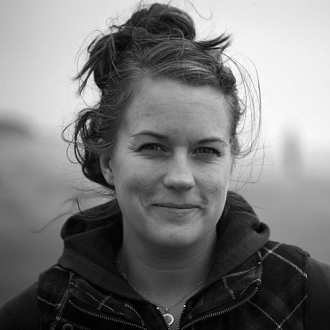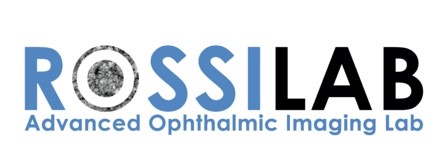 Early Age-related Macular Degeneration (AMD) Study – Normal Vision
Early Age-related Macular Degeneration (AMD) Study – Normal Vision
STUDY BASICS
Do you have normal vision? Are you 40-80 years old? You may be able to participate in a research study to help better understand the difference between normal eye aging and eye disease. This study involves providing a health history, undergoing an eye exam and optional blood draw, and having your eyes imaged. Compensation is provided.
STUDY PURPOSE
Age-related macular degeneration (AMD) is an eye disease that is the leading cause of vision loss in people over the age of 55 in the United States. The purpose of this research study is to learn more about changes to cells in the eye that can be used to help distinguish normal aging from early AMD by studying people with normal healthy aging across the lifespan. Researchers hope their findings lead to better ways to prevent and manage AMD in the future.
COULD THIS STUDY BE RIGHT FOR YOU?
- Ages 40-80
- Have normal vision
- Not diagnosed with nystagmus, diabetic retinopathy, age-related macular degeneration or any other macular disease
WHAT PARTICIPANTS CAN EXPECT
Participation involves up to 3 visits lasting 5 hours total. All visits will take place within 10 days. Participants will be asked to provide a health history, undergo an eye exam and optional blood draw, and have your eye imaged.
IRB: STUDY19120190B
- Distinguishing Normal Aging from Age-related Macular Degeneration at the Level of Single Cells in the Living Human EyeMEET THE RESEARCHER

Ethan Rossi
Ethan A. Rossi, PhD, is an Assistant Professor in the Department of Ophthalmology at the University of Pittsburgh School of Medicine. Dr. Rossi's lab uses advanced ophthalmic imaging techniques to study the normal and diseased retina at the level of single cells in the living human eye. Research interests include adaptive optics, fluorescence imaging, advanced detection methods, image processing, eye tracking, psychophysics and visual performance.
MEET THE COORDINATOR

Valerie Snyder
Having joined Rossi Lab in the summer of 2017, Valerie Snyder is the Imaging Specialist and Clinical Coordinator. She comes to the University of Pittsburgh with 8 years of ophthalmic imaging experience, with a primary focus in Retinal Diseases. Valerie holds a Bachelor of Science degree in Biomedical Photographic Communications from Rochester Institute of Technology.
 https://pittplusme.org/study/1859
https://pittplusme.org/study/1859
